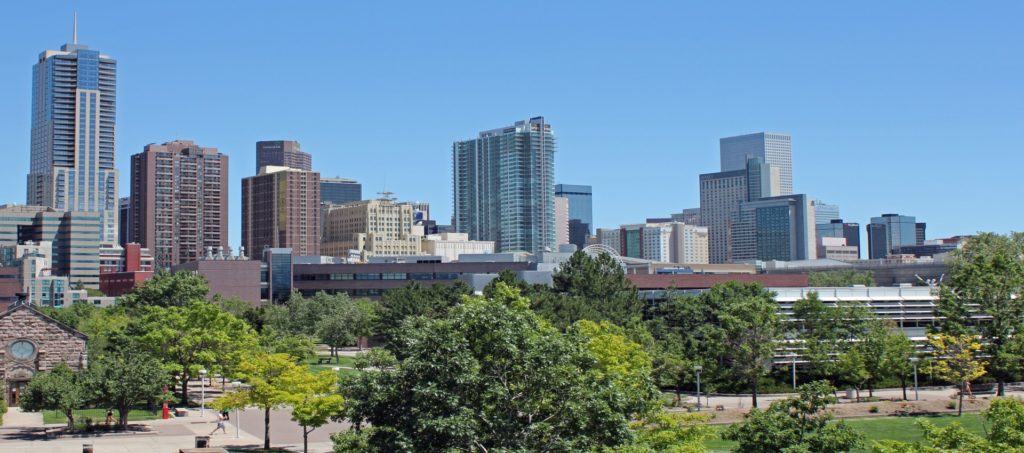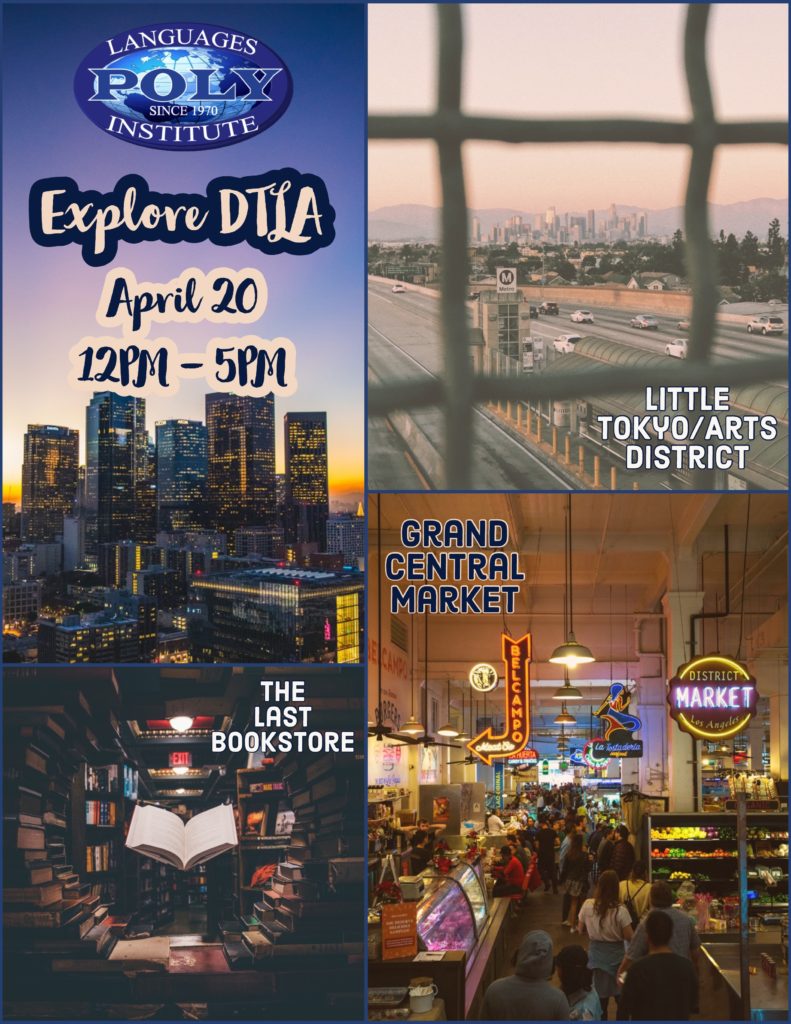The start of spring in the United States signifies an increase in daylight. For example, there is warmer weather, flowers blossoming and positive energy. Spring is also the time to reflect, make changes and spring (move) forward. Read some of our favorite spring idioms below.
“spring fever”
Definition: a feeling of excitement because you know springtime is coming and the weather is getting warmer
Example: Jane had a very cold, and lonely winter in New York. Once April began, she was filled with spring fever because the sun was shinning and her family was coming to visit her.
“putting all (my/ your/ their) eggs in one basket”
Definition: Putting all of one’s energy or resources in one thing. This could be seen as negative because you might lose it all if it does not work out.
Example: Joe and Jane went to watch the horse races. Joe bet on one race and put all his money on hopes that a horse called Lucky Charms would place first. Jane bet on a few different outcomes because she did not want to put all her eggs in one basket.
“the grass is/ isn’t (always) greener on the other side”
Definition: when a person looks at someone else’s situation and thinks it is better than their own. However, they do not see the negative aspects of a situation because they only have a partial view.
Example: John is very wealthy and has a very nice family. Joe wishes his life was more like John’s because of it. At the same time, he always reminds himself that the grass isn’t always greener on the other side.
“a spring in (my/ your/ their) step”
Definition: when someone walks with a happy and positive energy
Example: Did you see Joe today? Joe is walking with a spring in his step. I heard he won the lottery!

“a stick in the mud”
Definition: a person who may often be seen as boring or unadventurous
Example: Sometimes Karen is such a stick in the mud. She said no when I invited her to go to Los Angeles to explore downtown Los Angeles. She said she didn’t have plans, but refused to go to LA because she would have to sit in the car for longer than twenty minutes.
“black sheep (of the family)”
Definition: a person who stands out as an odd and is sometimes the outcast
Example: John’s relatives value following the rules and they are often very serious. John is very different. He likes to tell jokes and play pranks on his siblings. He gets in trouble often and is seen as the black sheep of the family.
“spring cleaning”
Definition: to thoroughly clean a place, more specifically, during springtime
Example: Jane was tired of her old, dusty furniture. She decided to do some spring cleaning: threw all her old furniture away and bought shiny, new furniture.
If you want to learn more about spring idioms or other common phrases and idioms used in the United States, we would love to have you join our ESL program. A classroom is the best place to learn about American culture, language, conversation strategies, and grammar.





